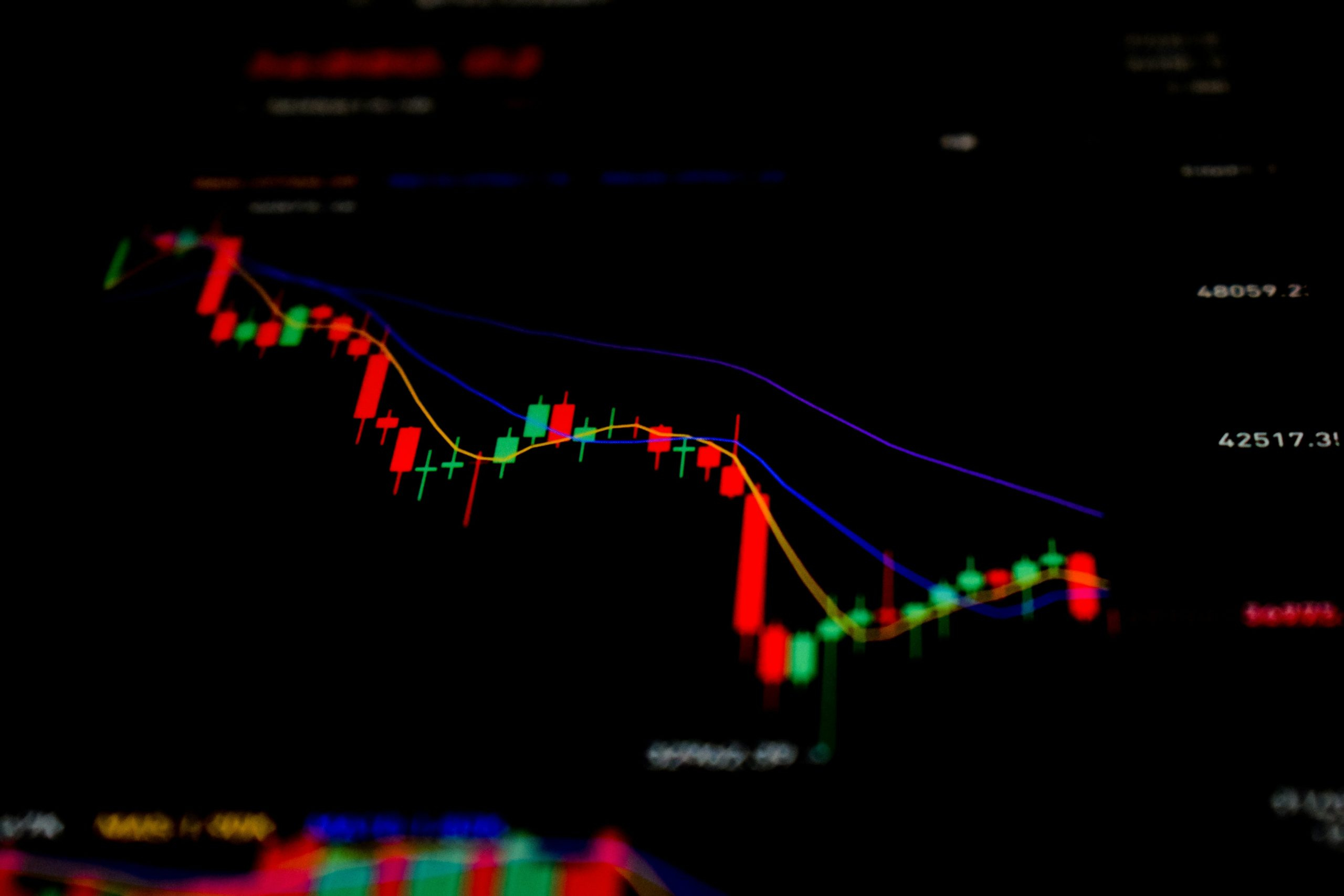The Unexpected Risks of Trading Cryptocurrencies Explained
Cryptocurrencies have taken the world by storm, with profits skyrocketing and more and more people jumping on the bandwagon of trading them. With the rise of digital currencies like Bitcoin, Ethereum, and Litecoin, many are starting to see it as a viable investment and trading option. However, despite the allure of high returns and quick profits, there are some unexpected risks that traders have to be aware of. In this article, we will delve into the unexpected risks of trading cryptocurrencies and explain why they should not be taken lightly.
The Volatility of Cryptocurrencies
The first and most prominent risk associated with trading cryptocurrencies is their volatility. Unlike traditional assets like stocks and bonds, the value of cryptocurrencies is highly unpredictable and can fluctuate drastically in a matter of hours. This volatility is due to the decentralized nature of cryptocurrencies, meaning they are not backed by any central authority or government. As a result, they are highly susceptible to market sentiments and speculation, which can lead to massive price swings.
The Impact of Market Sentiments
Market sentiments play a significant role in the value of cryptocurrencies. The simple mention of a government crackdown on digital currencies or a prominent figure’s endorsement can send prices soaring or plummeting. This volatility makes it challenging to determine when to buy or sell, especially for novice traders. A significant price drop can result in massive losses, causing traders to panic and sell, further driving down the price. As a result, trading cryptocurrencies requires a high level of risk tolerance and patience to ride out the unpredictable market swings.
The Security Concerns of Trading Cryptocurrencies
Another unexpected risk associated with trading cryptocurrencies is the security concerns. While cryptocurrencies are touted as safe and secure due to their blockchain technology, they are highly vulnerable to cyberattacks. Hackers have targeted crypto exchanges, stealing millions of dollars’ worth of digital assets. The lack of regulation and oversight in the crypto market makes it difficult to recover stolen funds or hold anyone accountable for the theft. Therefore, traders must take extra precautions when storing their digital assets and ensure they use reputable and secure platforms to trade.
The Fear of Missing Out (FOMO)
The fear of missing out (FOMO) is a prevalent risk in the crypto market. With the constant news of people becoming overnight millionaires by investing in cryptocurrencies, many traders jump in without doing proper research and analysis. This FOMO mentality can lead to impulsive and emotional trading decisions, resulting in significant losses. Traders must remember that while there may be some success stories, there are also numerous tales of people losing their life savings due to poorly informed and rushed trading decisions.
The Regulatory Uncertainty of Cryptocurrencies
Cryptocurrencies are still in their infancy, with governments and regulatory bodies struggling to catch up and develop laws and guidelines for their usage. This regulatory uncertainty creates a risk for traders, as policies can change overnight, affecting the value and legality of cryptocurrencies. Countries like China and India have banned the use of cryptocurrencies, causing prices to plummet. Moreover, taxes and reporting requirements for crypto capital gains are still unclear in many countries, making it difficult for traders to comply with the law.
The Lack of Fundamental Analysis
Unlike traditional assets, cryptocurrencies do not have a tangible value or physical assets backing them. Therefore, fundamental analysis, which relies on factors like financial statements and economic indicators, is not applicable to cryptocurrencies. This makes it challenging to determine the underlying value of a digital asset, making it difficult to make informed trading decisions. As a result, traders heavily rely on technical analysis, which adds another layer of risk to trading cryptocurrencies.
In conclusion, while trading cryptocurrencies may seem like a lucrative and exciting venture, it comes with its fair share of unexpected risks. The high volatility, security concerns, fear of missing out, regulatory uncertainty, and the lack of fundamental analysis make it a high-risk investment. Therefore, traders must approach cryptocurrency trading with caution, do thorough research, and have a high-risk tolerance to navigate the unpredictable market and make sound trading decisions.










